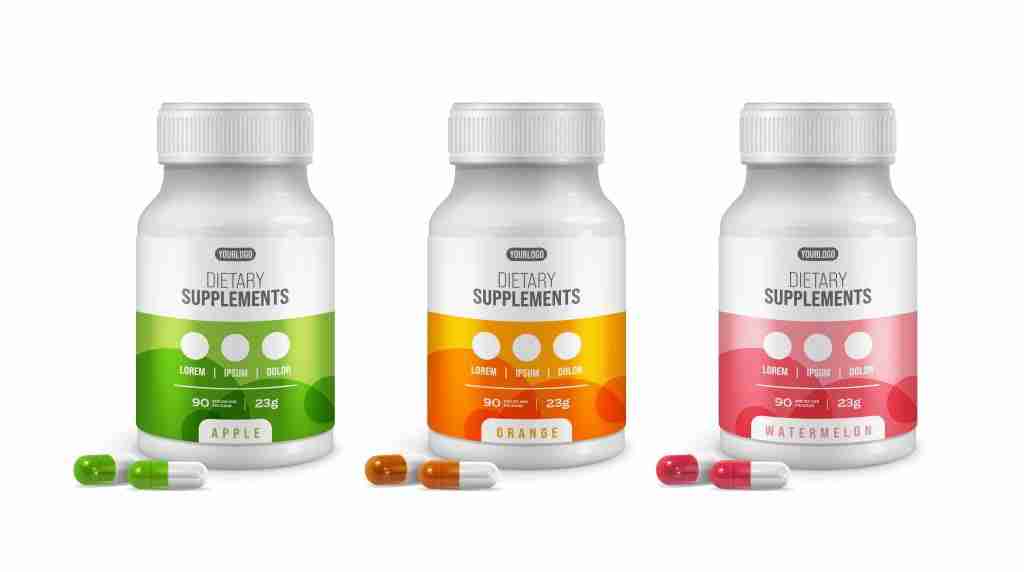When it comes to supporting health and wellness goals, dietary supplements are a popular choice for many people. These products, which include vitamins, minerals, herbs, and other botanical products, can be found in a variety of forms and can be used to support a wide range of health concerns. However, it is important to be informed about dietary supplements and to understand their potential risks and benefits.
One key thing to understand about dietary supplements is that they are regulated differently than drugs. While drugs must go through a rigorous approval process before being sold, dietary supplements do not have to be approved by the Food and Drug Administration (FDA) before they hit the market. This means that the safety and effectiveness of dietary supplements are not necessarily evaluated by the FDA before they are sold.
It is also important to be aware that not all dietary supplements are created equal. The quality of these products can vary widely, so it is important to choose a reputable manufacturer or distributor and to look for supplements that have been third-party tested for purity and potency.
In addition, dietary supplements can interact with medications you may be taking. Some supplements can interfere with the effectiveness of certain medications or cause side effects, so it is a good idea to speak with your healthcare provider before starting any new dietary supplement, especially if you are taking prescription medications.
It is also important to note that dietary supplements should not be used as a substitute for a healthy diet. While these products can be a useful addition to a well-balanced and nutritious diet, they should not be relied upon as the sole source of nutrients. A diet rich in fruits, vegetables, whole grains, and lean proteins is the best way to support overall health and wellness.
Finally, it is important to be aware that some dietary supplements can be harmful, especially if they are not used as directed. It is essential to read labels and follow dosage instructions carefully, and to be mindful of any potential risks for certain populations, such as pregnant or breastfeeding women, children, and individuals with certain medical conditions.
In conclusion, dietary supplements can be a useful tool for supporting health and wellness goals, but it is important to be informed and to use caution when using these products. By choosing reputable manufacturers or distributors and speaking with your healthcare provider before starting any new supplement, you can support your health and wellness safely and effectively.
